Top 10 Talend Competitors & Alternatives 2026
Summarize this article with:
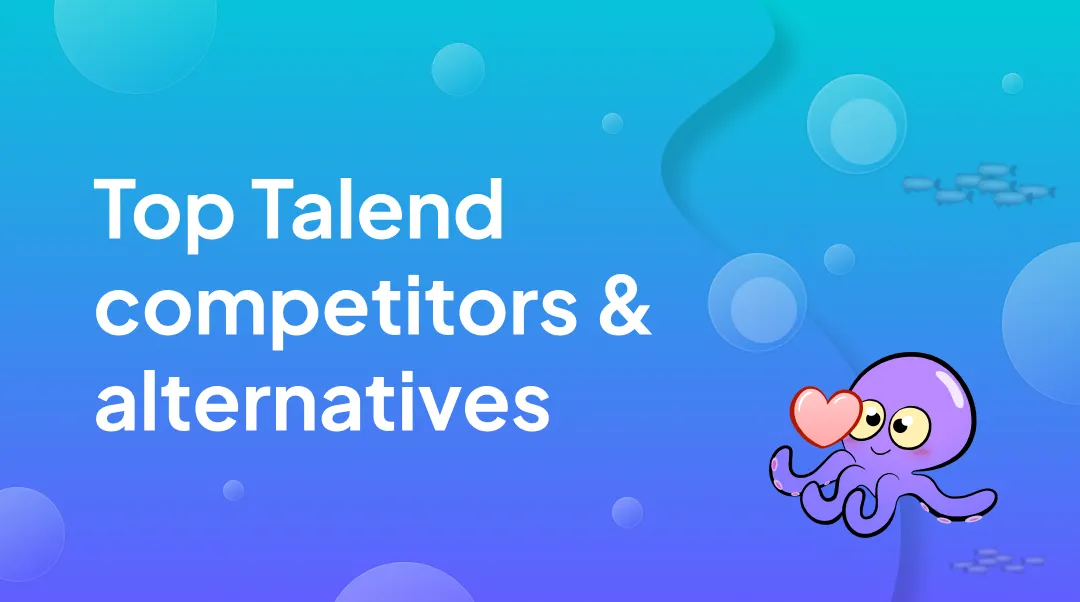
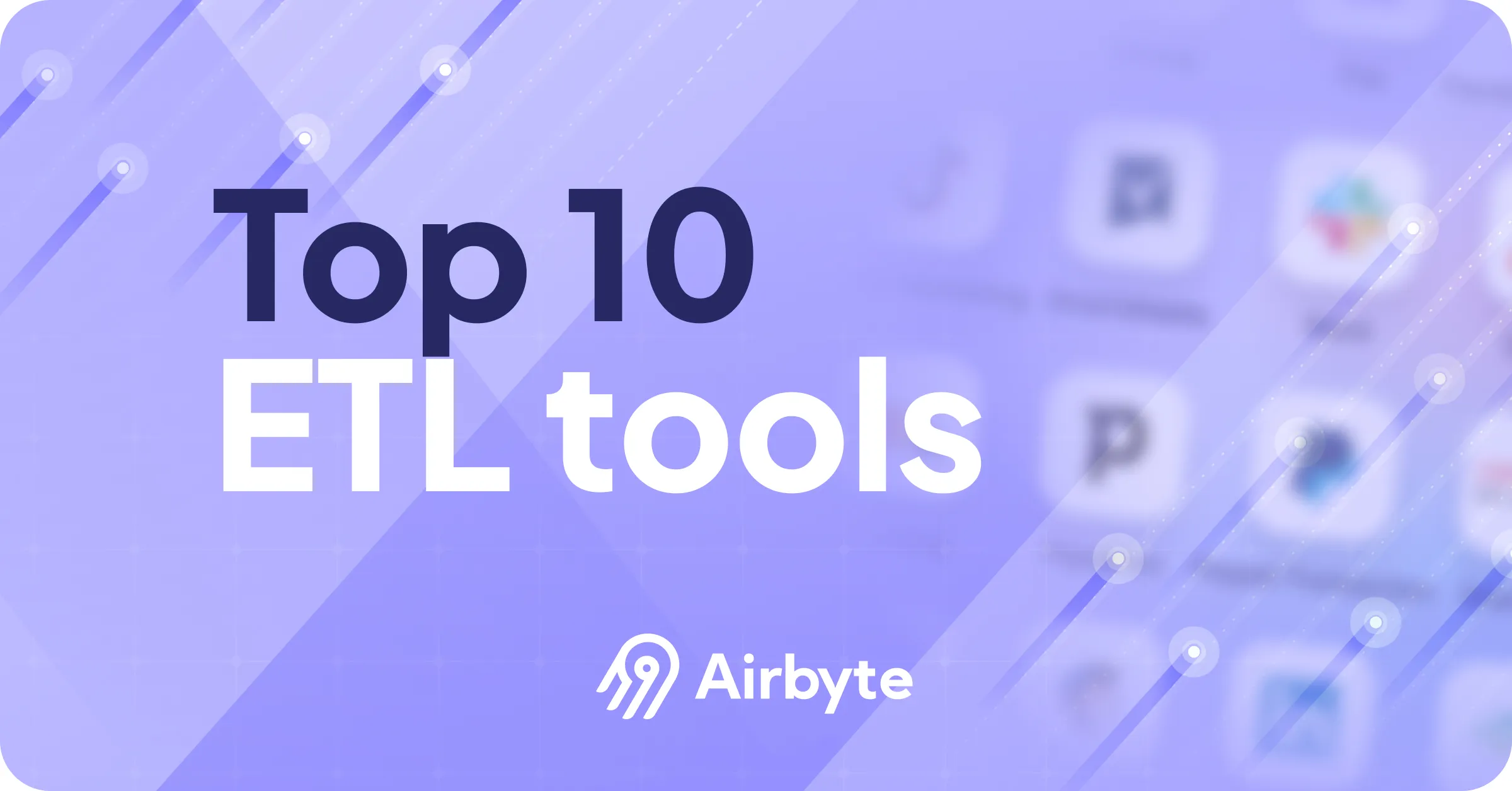
Effective data management is essential for unlocking the full potential of vast data from diverse sources. Many data integration tools like Talend offer streamlined solutions for building effective data pipelines. Although Talend is a robust data management platform, it has certain limitations! Therefore, it is crucial to explore Talend competitors and alternatives.
This article will delve into some of the most sought-after Talend alternatives you can choose for your business.
Talend Overview
Talend is a unified platform that supports end-to-end data management solutions. It offers a strategic approach to data integration, including rapid data ingestion, transformation, mapping, and automated quality checks to ensure data integrity at every step. Talend supports data management in various environments, including cloud, on-premises, and hybrid setups. This makes it a versatile solution for businesses looking to streamline their data integration processes.
Top 10 Talend Competitors & Alternatives
1. Airbyte
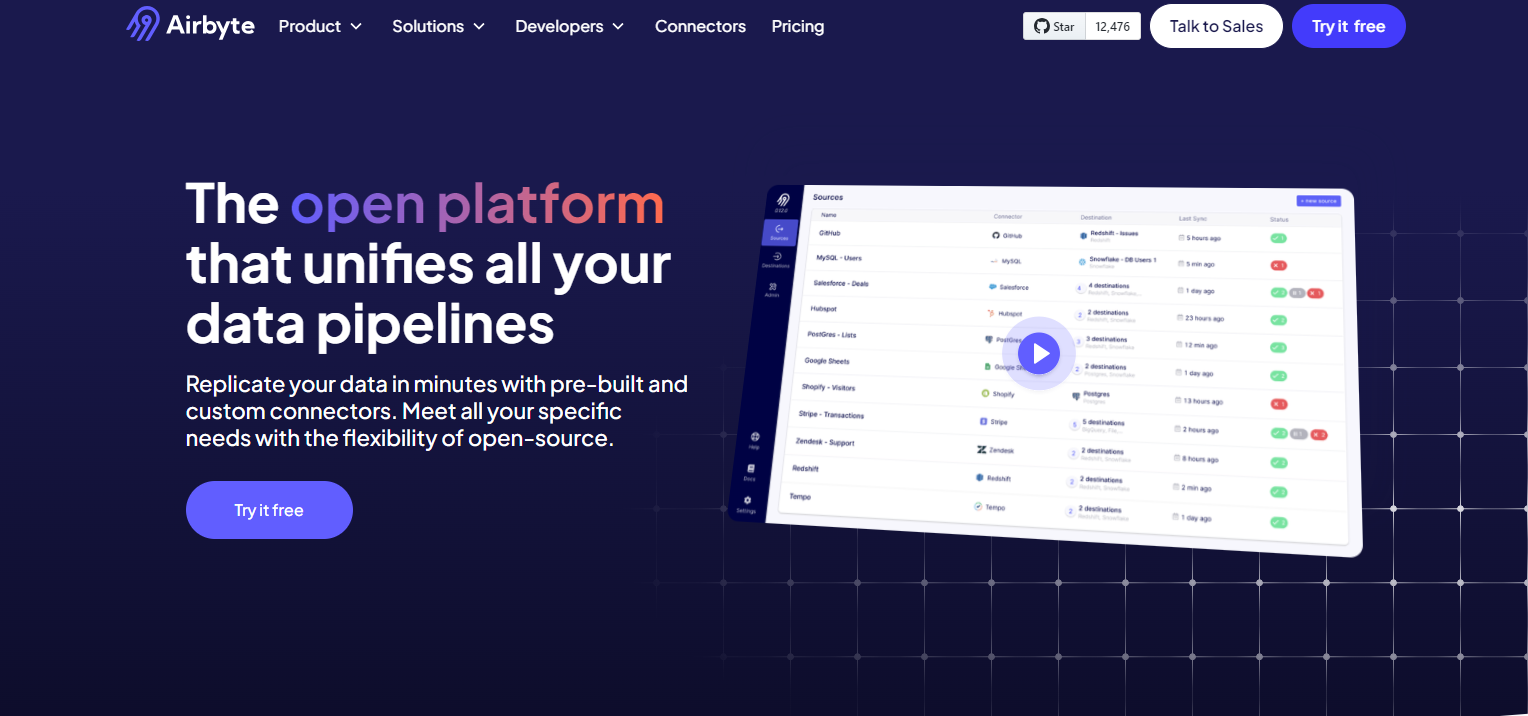
Airbyte is one of the leading data integration and replication platforms that allows you to automate the creation of data pipelines. With over 600+ pre-built connectors, you can seamlessly integrate data from various data sources to the destination of your choice. The tool follows a modern ELT (Extract, Load, Transform) approach to streamline integration.
Here are the key features of Airbyte:
Custom Connectors: If the pre-built list of connectors does not include the one you need, you have the option to easily create custom connectors using either the no-code connector builder or the low-code Connector Development Kit. This allows you to quickly build the data pipelines with your desired source and destination.
AI Assistance: Airbyte has recently released the new AI Assist to streamline the process of building custom connectors. When you start creating a new connector, the AI assist can automatically fill in many details for you.
Change Data Capture (CDC): This feature enables you to capture and transfer modifications made to your source dataset into your data warehouse without any manual interventions. When configuring your data pipeline, you can specify the frequency for incremental synchronization. This allows Airbyte to sync only the changed data from the source and update the dataset in your destination. By enabling CDC technique, you can keep your data up-to-date efficiently, eliminating the need to migrate the entire dataset.
PyAirbyte: It is the latest addition to Airbyte and was designed to revolutionize data pipeline management for Python developers. PyAirbyte is an open-source Python library that packages connectors and makes them accessible as code. This approach caters to users who prefer a code-centric approach to designing and managing data pipelines. By leveraging PyAirbyte, you can utilize a wide range of data connectors Airbyte supports without the need for developing and maintaining on your own.
Data Security: Airbyte adheres to numerous data security and certifications, including HIPAA, GDPR, SOC II, and ISO. This ensures robust data protection and compliance with industry standards.
2. Fivetran
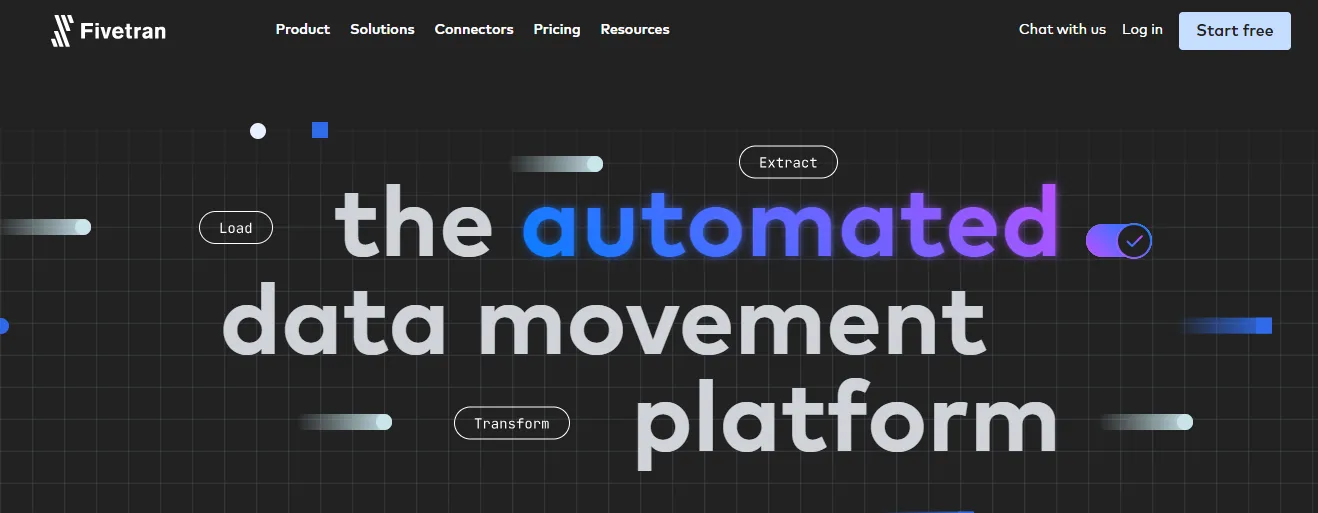
Fivetran is a comprehensive cloud-based platform for data movement, offering a range of integration approaches such as ETL and ELT. It simplifies the process of data extraction and loading for intricate data pipelines through automation. With Fivetran, you can leverage a vast library of more than 400 connectors to seamlessly synchronize data from various sources directly into your preferred destination.
Here are the key features of Fivetran:
- Fivetran prioritizes data security through column blocking and hashing. Column blocking enables the selective restriction of certain columns from being replicated in the target system. On the contrary, hashing is used to safeguard Personally Identifiable Information (PII) by encrypting it prior to loading it into the destination system.
- If there is a failure in the data synchronization process from the source to the destination, Fivetran guarantees that no data is lost. You are promptly notified via email and a message on the dashboard. By checking the logs, you can quickly identify the sync failure and begin troubleshooting.
- Fivetran offers pre-built data models that streamline and enhance your data transformation processes. This feature allows you to easily create comprehensive tables that facilitate data analytics and visualizations.
3. Rivery

Rivery is an ELT platform that offers data integration, activation, transformation, and workflow orchestration. It has a user-friendly interface and offers a wide catalog of over 200 pre-built connectors, allowing you to automate various tasks in creating data pipelines. Additionally, Rivery enables advanced data transformation tasks through SQL and Python coding capabilities.
Here are the key features of Rivery:
- Rivery offers predefined reports that can be customized to meet your specific requirements. Each report clearly describes the data it encompasses, helping you understand its relevance to your business objectives.
- With Rivery, you have the ability to create customized alerts that automatically notify relevant team members whenever anomalies or issues are detected in your data pipelines.
- By default, Rivery supports reverse ELT, which is particularly beneficial for data activation purposes.
4. Hevo
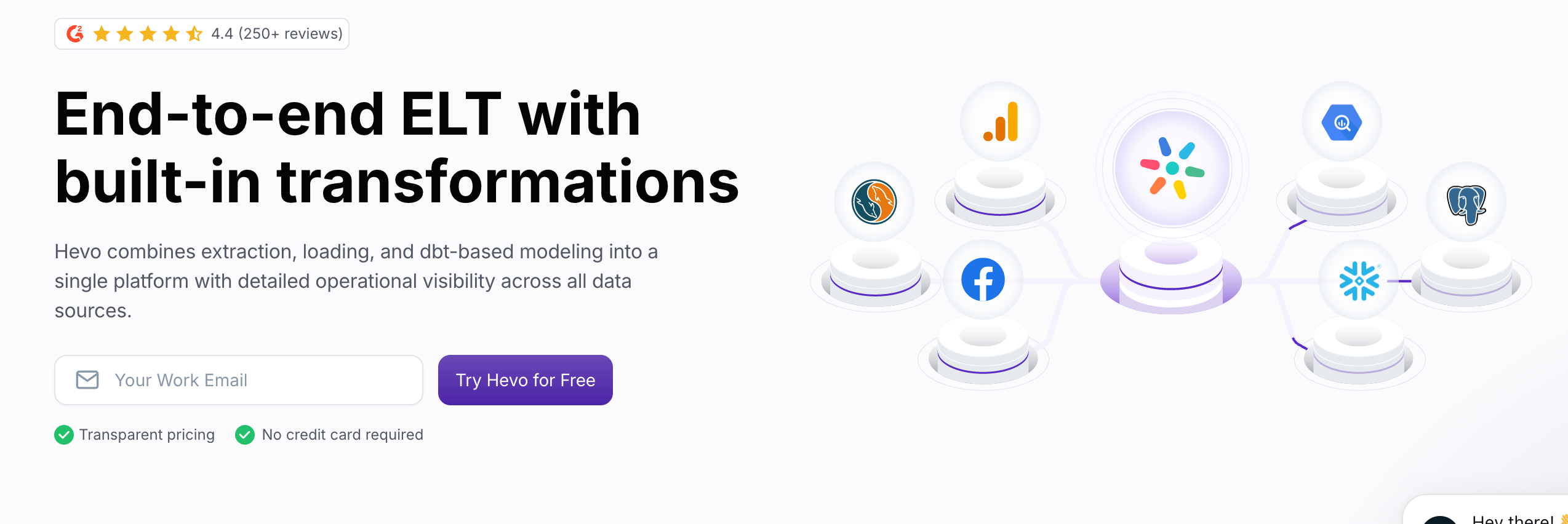
Hevo Data is a comprehensive data integration platform that offers automated end-to-end data pipelines. With a vast array of 150+ connectors, it enables you to effortlessly extract data from various sources, such as SaaS applications, databases, and data warehouses, and seamlessly load it to your preferred destination. By unifying the data in a centralized repository, you can effectively leverage it for data analytics.
Here are the key features of Hevo:
- Hevo Data's fault-tolerant architecture guarantees data integrity and low latency throughout the integration process, preventing data loss.
- It makes handling large amounts of data easy by automatically adjusting to workload demands, ensuring seamless scalability without hassle.
- Hevo maintains data integrity and confidentiality by adhering to industry-leading security standards, including GDPR, SOC 2, and HIPAA.
5. Informatica
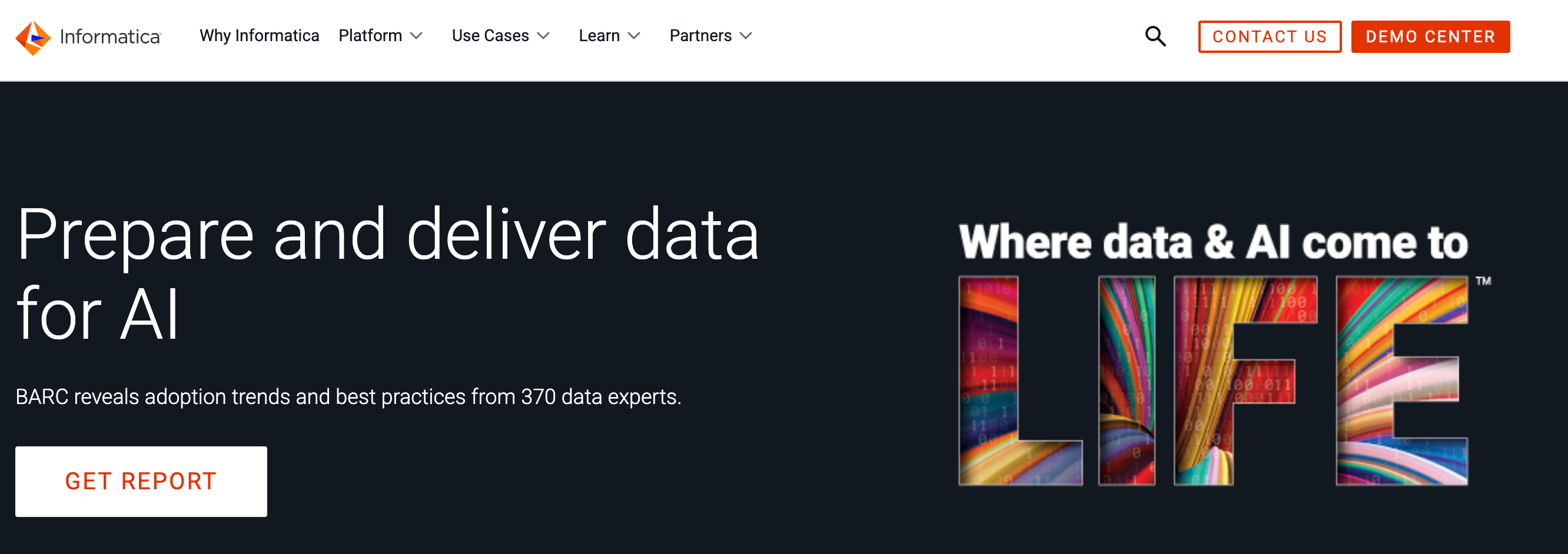
Informatica is a widely used data integration platform that enables efficient data movement. It streamlines the collection of data from various sources while ensuring consistency. In addition to its integration functions, Informatica offers features like data governance, quality, and management. This eliminates the need to switch between multiple environments for different requirements.
Here are the key features of Informatica :
- Informatica provides API integration capabilities to connect systems and applications. You can use REST API, SOAP API, and Open Data protocol to establish these connections.
- It caters to both on-premise and cloud environments with products like PowerCenter and Intelligent Data Management Cloud.
- Informatica offers extensive enterprise-grade features, such as big data warehousing and master data management (MDM) capabilities.
6. Matillion
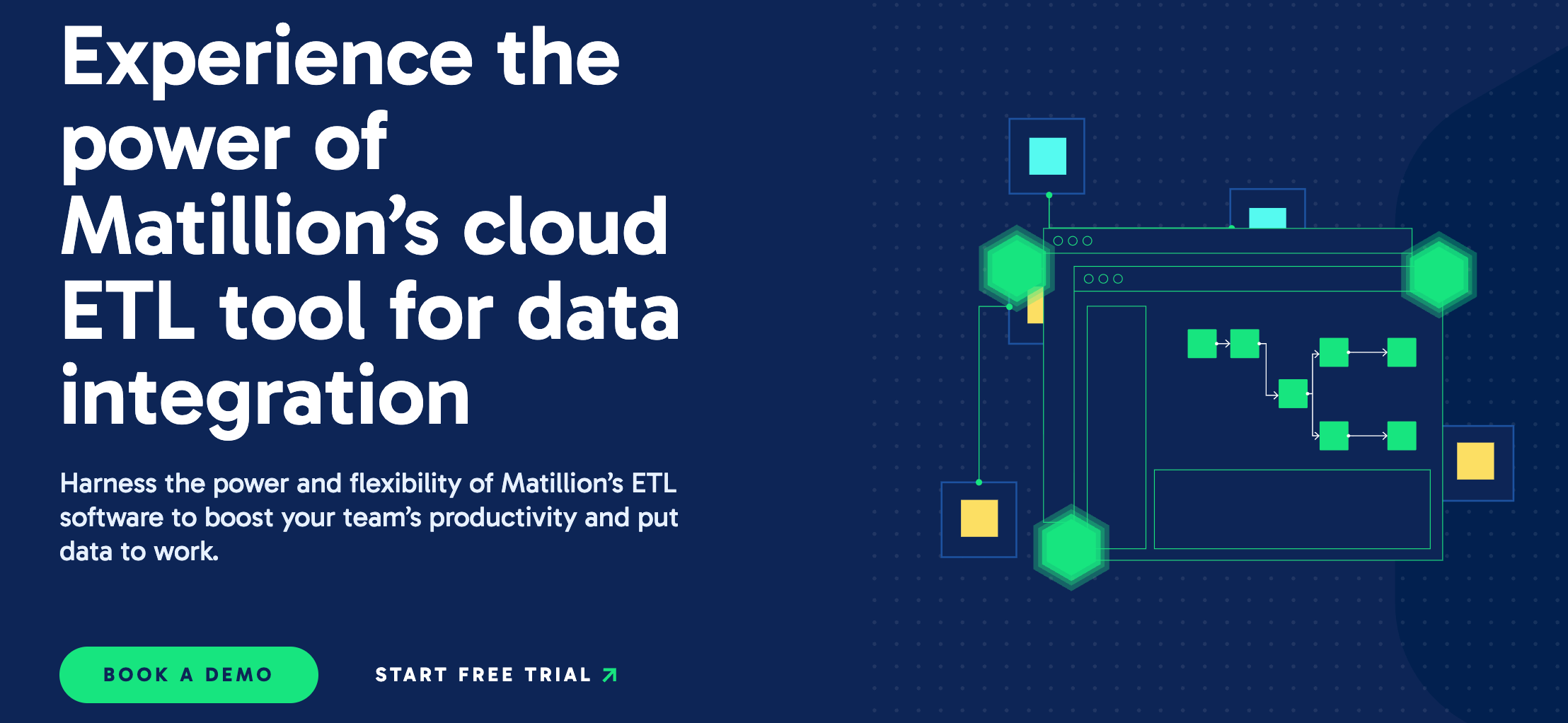
Matillion is a cloud-native ETL/ELT platform designed for modern data warehouses like Snowflake, BigQuery, Redshift, and Databricks. It emphasizes scalability, transformation, and usability.
Key Features:
- Pre-built connectors for SaaS, databases, and APIs.
- Visual, drag-and-drop pipeline builder.
- Advanced transformations with Python, SQL, and Bash scripting.
- Tight integration with major cloud data warehouses.
7. AWS Glue
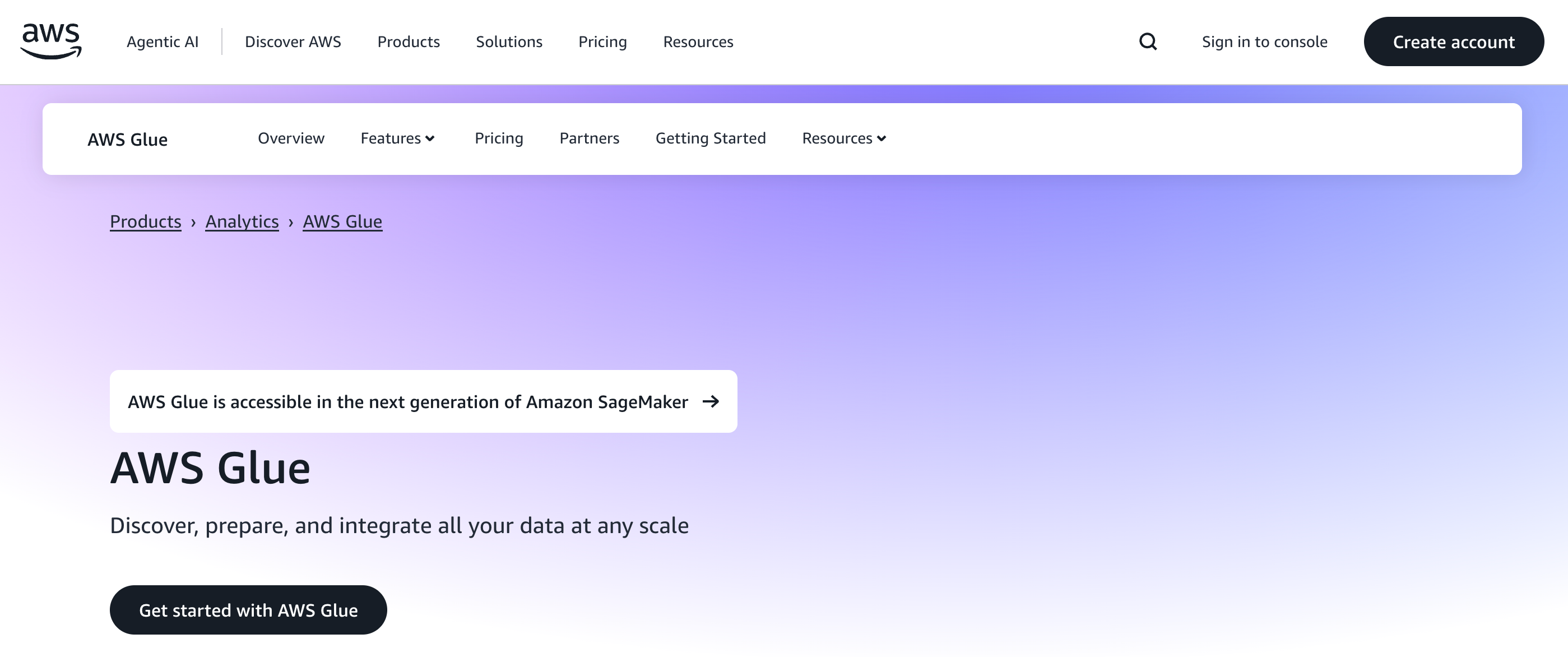
AWS Glue is Amazon’s fully managed ETL service, deeply integrated with the AWS ecosystem. It automates data discovery, transformation, and cataloging.
Key Features:
- Serverless, auto-scaling ETL service.
- Built-in data catalog integrated with Athena, Redshift, and S3.
- Supports both batch and streaming workloads.
- Integration with AWS ecosystem services like Lambda, SageMaker, and Kinesis.
8. Google Cloud Dataflow
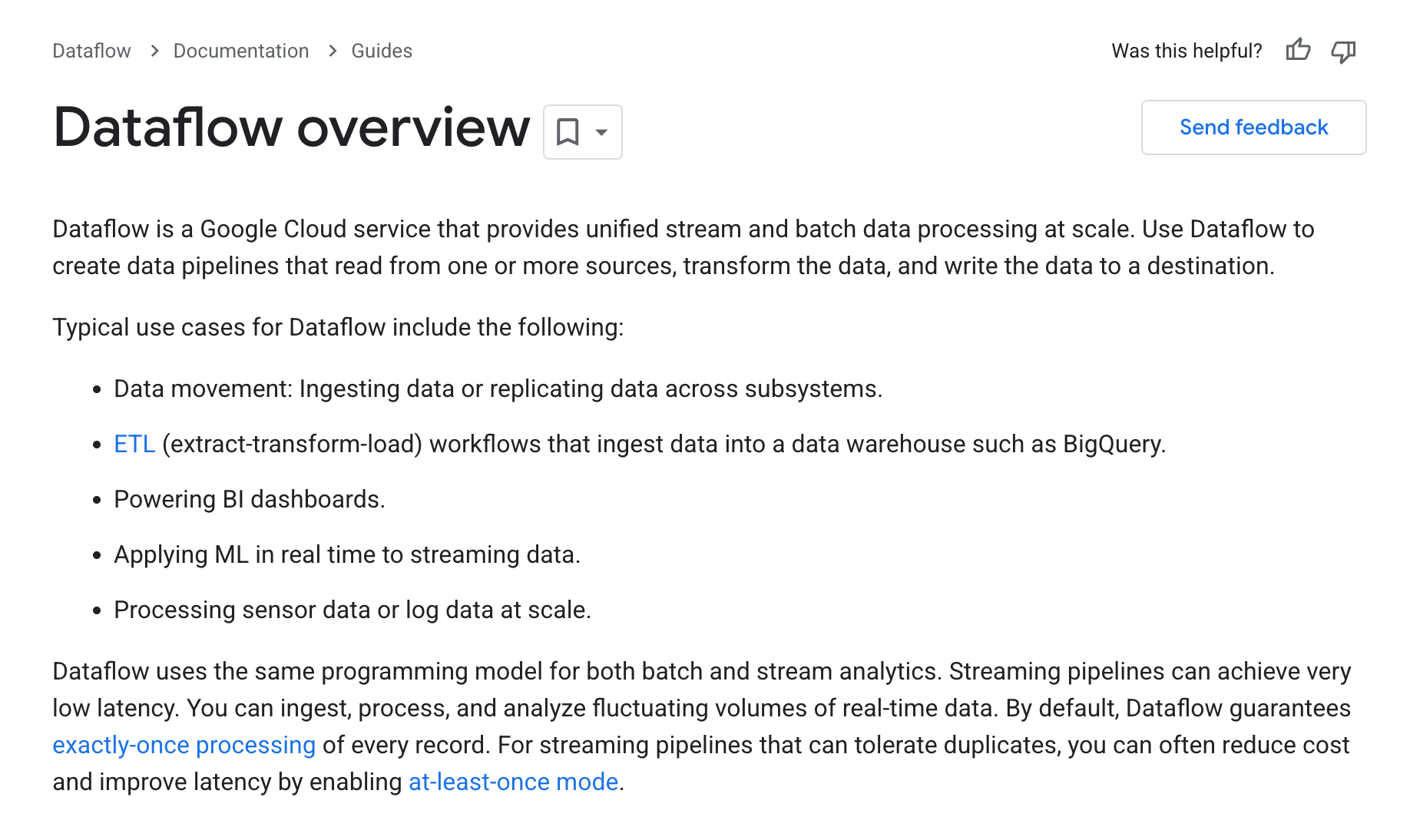
Google Cloud Dataflow is a fully managed data processing and integration service based on Apache Beam. It supports both batch and streaming data at scale.
Key Features:
- Unified model for batch and real-time data processing.
- Native integration with Google Cloud Storage, BigQuery, Pub/Sub, and AI tools.
- Serverless architecture with autoscaling.
- Strong focus on analytics and machine learning pipelines.
9. Azure Data Factory
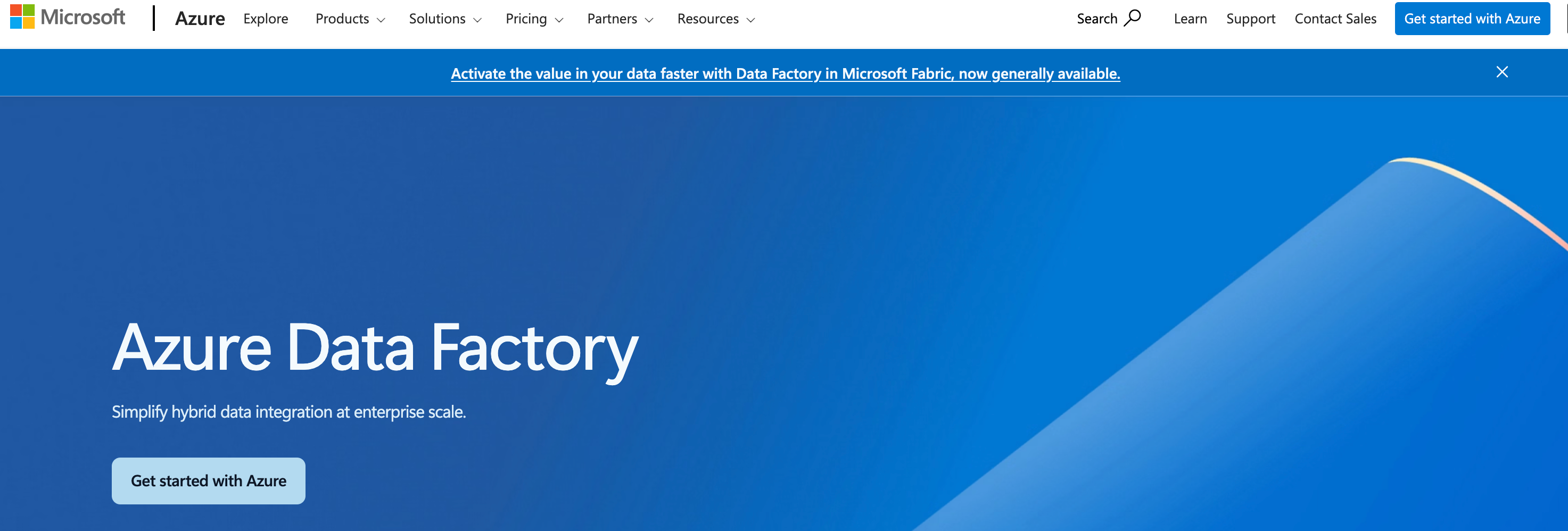
Azure Data Factory (ADF) is Microsoft’s cloud-native data integration platform, designed for hybrid and multi-cloud environments.
Key Features:
- 90+ built-in connectors with strong Azure ecosystem support.
- Visual interface plus support for custom code.
- Hybrid data integration with on-premises connectors.
- Orchestration and monitoring built-in.
10. Stitch
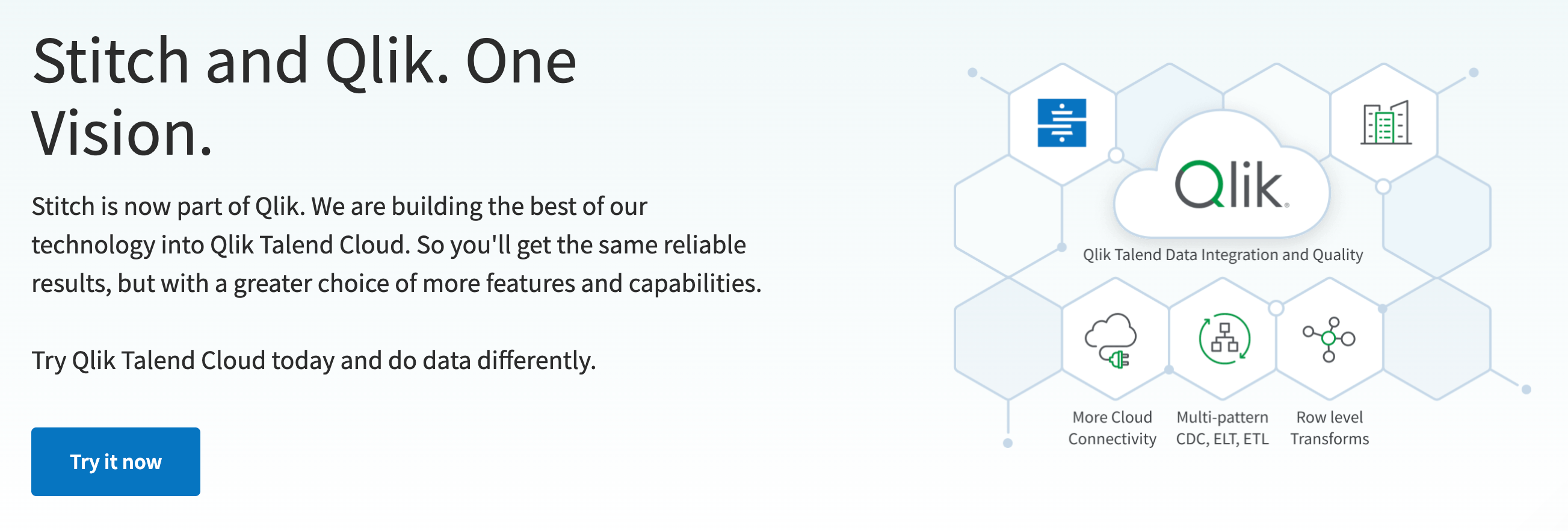
Stitch (acquired by Talend but still run independently) is a lightweight, developer-friendly ETL platform for rapidly moving data from sources to destinations.
Key Features:
- 130+ connectors for SaaS, databases, and APIs.
- Automated schema handling.
- Designed for startups and mid-sized businesses.
- REST API support for programmatic control.
Why Choose Airbyte Over Talend
While Talend provides a strong set of integration capabilities, Airbyte surpasses it in flexibility, scalability, and ease of use. Here’s why:
- Deployment Options: Unlike Talend, which has shifted away from open-source support, Airbyte offers both self-hosted and cloud deployment models. Businesses can choose based on compliance and customization needs.
- Open-Source Community: Airbyte has a 900+ contributor community actively building and maintaining 600+ connectors. Talend discontinued its open-source Studio in early 2024, limiting flexibility for developers.
- AI & Modern Workflows: Airbyte integrates seamlessly with vector databases, LLM frameworks (LangChain, LlamaIndex), and AI pipelines, enabling data workflows Talend doesn’t directly support.
- Pricing Transparency: Talend lacks clarity in pricing, whereas Airbyte offers open-source (free), pay-as-you-go cloud, and enterprise models, making costs predictable.
- Developer-First Features: With PyAirbyte and low-code/no-code connector builders, Airbyte caters to both data engineers and non-technical users, while Talend workflows are more rigid.
Conclusion
While Talend continues to be a trusted data integration solution, its limitations—such as discontinued open-source support and less transparent pricing—make it essential for businesses to evaluate alternatives. Tools like Airbyte, Fivetran, Rivery, Hevo, Informatica, Matillion, AWS Glue, Google Cloud Dataflow, Azure Data Factory, and Stitch each bring unique strengths, ranging from open-source flexibility and AI/ML readiness to enterprise-grade governance and cloud-native scalability. Among these, Airbyte stands out for its vast 600+ connector library, flexible deployment options, open-source foundation, and modern AI-focused integrations, making it an ideal choice for organizations seeking both innovation and control in their data pipelines. Ultimately, the best Talend alternative depends on your business priorities—whether it’s cost transparency, scalability, AI readiness, or enterprise compliance.
FAQs on Talend Alternatives
1. Why should I look for a Talend alternative?
Talend is a powerful tool, but it has drawbacks such as discontinued open-source support, higher pricing for enterprise features, and limited flexibility compared to newer solutions. Businesses looking for cost efficiency, open-source extensibility, or AI/ML readiness often consider alternatives.
2. Which Talend alternative offers the most connectors?
Airbyte leads with 600+ pre-built connectors, far more than most competitors. This makes it especially valuable for teams that need to integrate a wide variety of data sources quickly.
3. Is there a free alternative to Talend?
Yes, Airbyte’s open-source edition is free to use and self-host, making it a strong choice for companies seeking flexibility without licensing costs. Stitch (owned by Talend) also offers a limited free plan, but with fewer features.
4. Which Talend alternatives support AI and vector databases?
Airbyte provides native integrations with AI frameworks and vector databases like LangChain, Weaviate, Pinecone, Milvus, and LlamaIndex, making it one of the few platforms ready for modern AI-driven data pipelines. Google Cloud Dataflow also supports AI/ML workloads via GCP.
5. Which Talend alternative is best for enterprises with compliance needs?
Tools like Informatica, Azure Data Factory, and Matillion are often chosen by large enterprises due to their strong governance, compliance, and security features. However, Airbyte Enterprise also provides secure deployments with role-based access control, SLAs, and audit logs, giving enterprises flexibility with modern innovation.
Suggested Reads:
What should you do next?
Hope you enjoyed the reading. Here are the 3 ways we can help you in your data journey:




.webp)